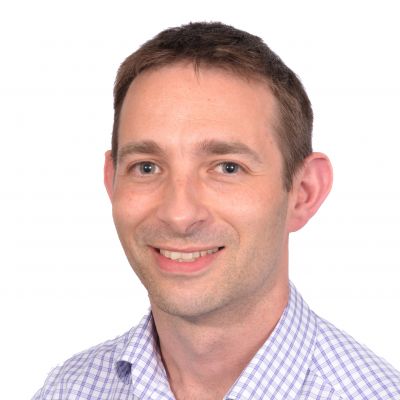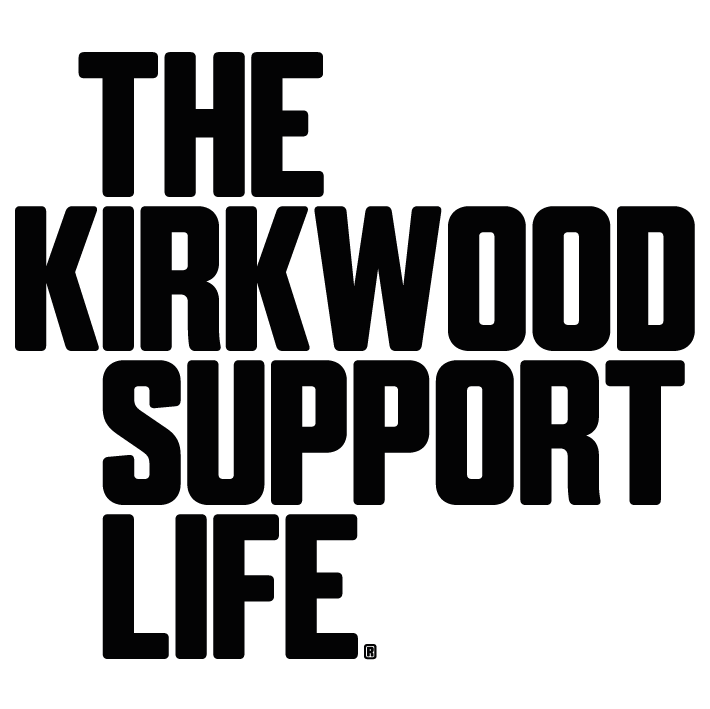8 Jun 2018 Care
Adults with life limiting illnesses not receiving palliative care early enough
A newly published report funded by the National Institute for Health Research (NIHR) has found that adults with life limiting illnesses are not receiving palliative care services from hospices early enough during their illness.
The research, conducted by Dr Sarah Russell with colleagues at the University of Leeds and Hospice UK, reviewed the numbers of days from when a person with a life limiting illness – including dementia, liver failure and stroke – is referred to community and in-patient hospice services to their death.
It found notable differences between different nations in the UK and also across regions in England, depending on a number of factors, including the type of disease, age and location. It also found that older patients tend to receive less hospice care, with patients aged under 50 years receiving 78 days, compared to 59 days for 50 – 75 year olds and 39 days for patients aged over 75 years.
The research was supported by referral data from 64 hospices, including Kirkwood, and examined the records of 42,758 people who died in 2015 with a progressive, advanced disease, after receiving community or in-patient palliative care.
Dr Stephen Oxberry, Consultant in Palliative Medicine and Medical Director at Kirkwood Hospice responded to the report.
He said: “Kirkwood Hospice contributed to this research report as we were interested in its potential findings.
“It did not surprise us that many people are referred to us very late in their illness. We are already working hard with our community colleagues to find ways in which hospice services can become involved much sooner after a person’s diagnosis of a life limiting illness.
“There are a lot of misconceptions about what palliative care is and who can access it among the general public and within the healthcare profession. Kirkwood Hospice offers services for anyone in Kirklees affected by any life limiting illness, from diagnosis to end of life care, and we also support families through bereavement. We are working hard to make sure more people understand the many different ways in which we can support them throughout their illness.
“Our priority is to make it easier to refer to our services and we need to ensure we have the correct range of services dependent on the needs of our patients and families.
 Dr Stephen Oxberry
Dr Stephen Oxberry
According to the study, cancer patients were referred for hospice care around 53 days prior to death, whilst for non-cancer patients that number drops to around 27 days.
On this finding, Dr Oxberry said: “In particular, results locally show that people that have cancer get referred earlier in their illness. At Kirkwood, we care for people with any life limiting illness, not just cancer. We must work hard to ensure people who have a life limiting illness other than cancer have the same opportunity to access our services.
“We already provide self-help groups for non-cancer patients and their carers through our Support and Therapy Centre and have a dedicated Admiral Nurse link for patients with advanced dementia.
“We are working hard to ensure that colleagues in other health organisations know about our full range of services and refer anyone who may benefit, as early as possible.”
From offering a 24 hour advice line, ‘drop in’ self-help groups and in-patient care through to delivering the specialist palliative nursing care service in people’s own homes, Kirkwood is well placed to offer services whenever we are needed.
Dr Oxberry hopes that, in light of the report’s findings, more people will seek out Kirkwood’s support.
“I would encourage anyone with a life limiting illness, their families or the professionals involved in their care to find out how we can help.”
If you, a family member or someone in your care has a life limiting illness, you can call our 24/7 Advice Line on: 01484 557910 or take a look at our website.
Need clinical advice?
Call our advice line on:
01484 557910
24 hrs a day
